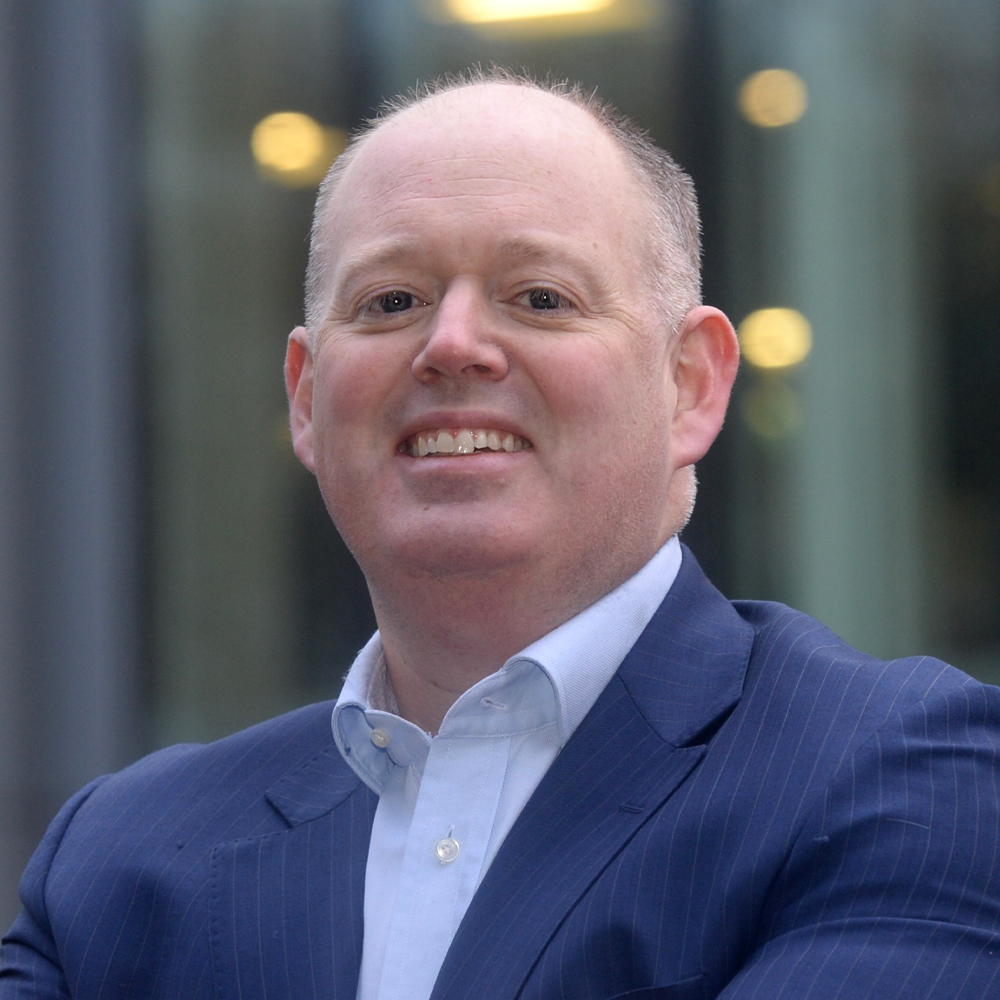
A quick look at the 16-year-old Swedish climate change activist’s twitter feed is revealing. From a standing start in only 14 months, Greta Thunberg has hoovered up 1.3m followers and attracted ‘likes’ in the tens of thousands, with one posting last week attracting 707,000. The same goes for YouTube and Facebook, where Ms Thunberg’s hashtag ‘#FridaysforFuture’ brought 1.6m school children out in protest in March.
So far, a determined Swedish school girl has empowered an army of kids, worldwide, motivated their parents and stirred politicians to act. By retweeting the personal and professional opinions of scientists, Ms Thunberg has also made COs emissions, global temperatures and radical short term measures to reduce long term climate change fashionable.
This isn’t just another flashmob form of social media madness. We’re not talking about a celebrity twitter storm in a tea cup.
Rather it’s an expression of People Power, made all the more powerful by its coincidence with the fight against micro plastics at sea, the death of diesel and the burning of the Amazon. And it’s not just attitudes or perceptions, but laws that are changing. Single use plastics will be outlawed by 2021. The Paris Accords are next. Britain might be quitting the culture of social democracy that pervades the rest of Northern Europe where reuse and recycling were born, but the Green Wave is just as strong in David Attenborough’s heartlands as it is in Germany.
The first thing that connects Ms Thunberg to the data centre is the irony of a fossil fuel intensive, energy sapping sector enabling her online social world. The second is the speed with which the rising tide of awareness about climate change will force our industry, and thousands of others, to think again.
The key question we must address concerns not merely our carbon footprint, but what are we doing to ensure our longevity? The answer is not in the efficiencies of the move to gas or the ability to save power by cooling down to 28 instead of 21 degrees. Rather it is in the titanic struggle between our clients, an untouchable technology sector that has so far avoided any attempt to curb its growth, and the shifting demands of a dynamic environment, be it regulatory, demographic or environmental, as it faces multiple challenges from the threat of being broken up by Elizabeth Warren in the Senate, and the desire of the EU Competition Commissioner to police the digital world, to the very nature of Big Data.
The introduction of any and all blunt regulation, from the minutiae of local planning laws to the imposition of carbon taxes, from Apple being forced to sell off its Apps and Services, to Google having to unwind its acquisition of YouTube, will affect the data centre world directly. And each peculiar outcome is more likely than not. As an example, today, the Irish government regards data centres as sites of special economic interest, with guaranteed fast routes to planning consent. Tomorrow, shifting environmental issues, or even a shift in US FDI post Brexit, might change that.
And yet we continue to build simply to service infinitely more data than the world needs, or wants, in keeping with the trajectory of an unstoppable sector that exacerbates climate change not because its services are called for, or invaluable, or because people demand them. What happens when people decide their data is valuable, and sell it instead of gifting it for nothing? Or when regulators turn the tables on us all and force consumers to pay to store their unwanted selfies in the cloud ad infinitum?
What will we do when a second Ms Thunberg, perhaps in the shape of a privacy campaigner, encourages a societal towards data usefulness and quality over quantity? Poor data, simply put, translates to infinite facebook ads and automated bots. Quality data mining gives us accuracy, which in turn eliminates bias. And what is the future for a data centre in an age of a boom bust, short term corporate strategy, or one in which business failures due to inaction in advance, smoking for instance, or the fate of the retail high street, are the stuff of Harvard case studies?
All these existential issues have direct and immediate consequences to our everyday planning. The business case for projected and speculative, multi million pound investments in planning, retro fitting or rebuilding new centres with 30 to 50 year life spans, can no longer be assured. We need to challenge the requirements for ever more power hungry data temples demanded of us by our customers, pushing for yet another hyper scale multi rack with no clear business rationale.
Instead of our reacting to the mere spirit of the law, or paying lip service to the threat of change, corporate customers, speculative and commercial developers, specifiers and investors all need to be thinking ahead, future, not navel gazing, and planning for a world in which millennial concerns about biodiversity, climate change, data abundance, cost, privacy and cyber security, all coalesce. Only last week, the Government’s chief environmental scientist called for polluting activities to incur more tax; for the Treasury to reward low carbon lifestyles and shift patterns of behaviour. (He didn’t say whether Greta Thurbnberg should be taxed on her selfies). Debates about cooling and efficiency that seemed so modern a year ago are out of date in the New Age of environmental sustainability.
To those who prefer to seek solace in the status quo, I suggest taking a look at the unprecedented and strange events unfolding in the English Parliament. To those who still think the biggest challenge we face is the temperature of the water we cool, I recommend ‘Second Sleep’, the new book by political thriller writer Robert Harris, one of a number of select novelists with an ability to sniff the air. He spotlights a mood of anxiety, and takes the reader on a terrifying journey into a dystopian future, rich in technological and social revolution.
But don’t worry, I won’t spoil the plot by telling you how it ends.

